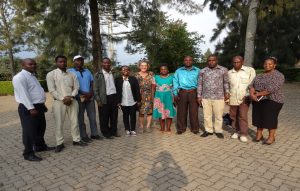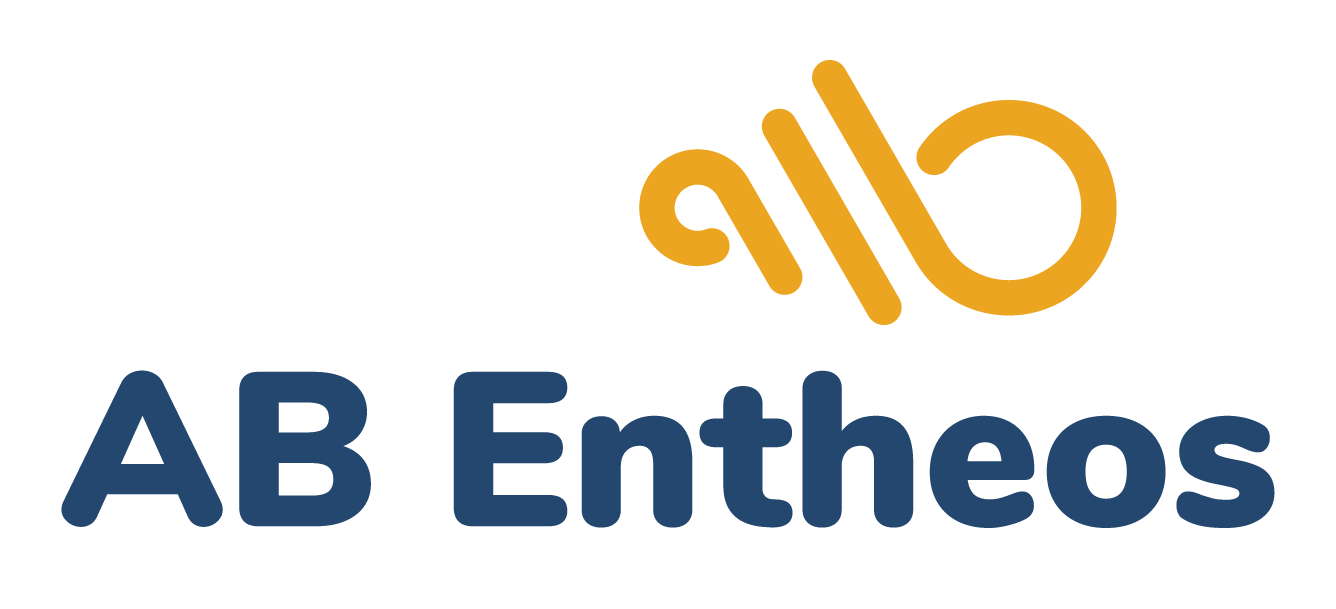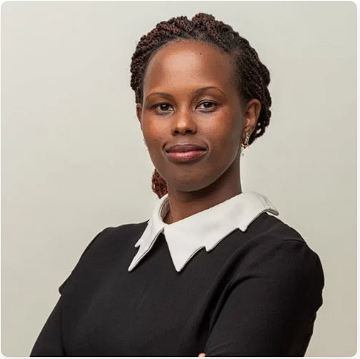There is never a dull moment when working to make insurance accessible to those who need it most! Far removed from the common belief that insurance is for the rich and more financially endowed members of society, the less financially strong, the low-income households actually need insurance more. Think about it, what are the most common insurances in the market today? On the individual insurance category, motor insurance leads-simply because it is required by law. Then comes the insurances packaged by an employer as employee benefits: Medical insurance, Employee Group Life, Insurance, and credit insurances that are tied to loans and mortgages. So indulge me a while longer. Should a motorist be involved in an accident, there is motor insurance and better still, the motorist’s life will go on albeit the inconvenience of having to hail an Uber or at worst take a matatu for transport. In event of illness, he can access medical care while his savings or assets remain intact and his family obligations are hardly affected.

Let us look at the other side. To a small business owner, informal daily wage worker or small-scale farmer, any risk occurring to him or his business occurs to the family as well. When he falls sick and cannot open the business or go to that daily wage job, there is no income for the family that day. When a child falls sick and has to be taken to hospital, work stops for the day so again no income and even worse, the meagre savings are used to buy medication. So back to my debate-who needs insurance more? This is what fuels AB Consultants mission of “providing insurance to those who need it most”, which we do through microinsurance and inclusive insurance services.
This mission saw AB Consultants microinsurance specialist Anne Kamau on assignment in Tanzania for a period of 1 year 3 months. The objective of the assignment was to provide technical assistance to Health and Insurance Management Services Organization (HIMSO). HIMSO is a local NGO undertaking the great mission of ensuring the rural small holder farmers of the Mbeya and Mbozi regions of Southern Tanzania have access to quality and affordable healthcare. To make it better, cognizant of the fact that access to healthcare despite availability can be a challenge, HIMSO also designed an emergency response system that ensures that all can get to a health facility in the shortest time possible through a network of ambulances and contracted private motor vehicles.
Through this project, the rural people of the Rungwe, Busokelo, Kyela and Mbozi districts could access all in-patient and out-patient medical services from all district hospitals and contracted faith-based hospitals in their localities. All this was at a fee of Tsh 30,000 (Usd 13) per annum for a family of 6, payable to the district managed community health fund (CHF). For an additional Tsh. 10,000 (Usd. 4) per person per year, they had access to the Emergency Transport systems. HIM
SO through its field officers in the respective districts carried out community awareness and sensitization campaigns then in partnership with the district authorities, premiums were collected, and CHF cards produced for each registered family.

The smile and joy of a new mother who managed to get to hospital on time for delivery from a remote village through the Emergency tra
nsport system is reward enough for the work that we do. Reports of a motorcycle accident victim from a distant village getting timely evacuation to a hospital and being treated at no cost because he has a CHF card gives me reason to travel to another distant land to offer my expertise and knowledge. The dedication of a small HIMSO team who work tirelessly stretching limited resources to put the smiles on their clients’ faces is refreshing and motivating. And to top it all, the commitment of development partners like CIDR with donor funding from BfDW, HDIF, JSI and EJAF proves what collaboration for the good of all can achieve in the attainment of the sustainable development goals.




